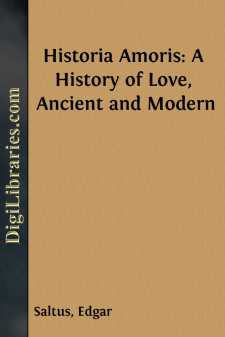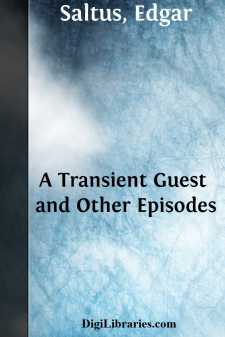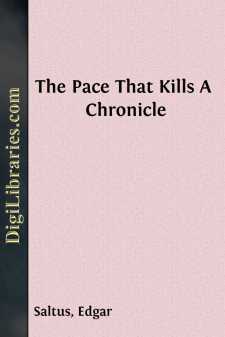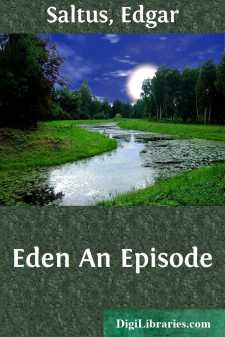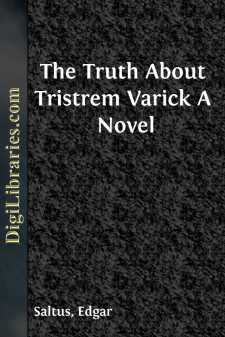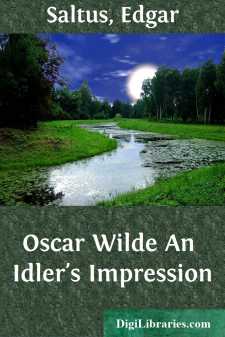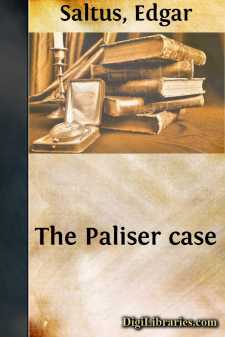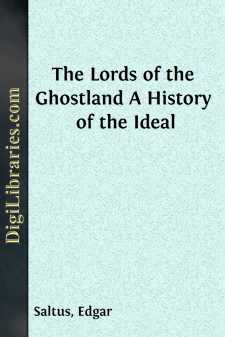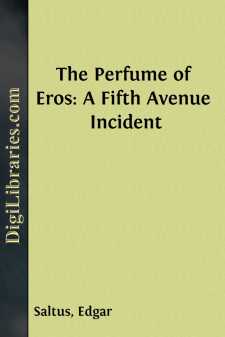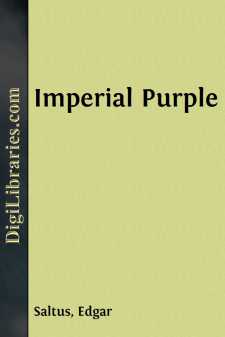Categories
- Antiques & Collectibles 13
- Architecture 36
- Art 48
- Bibles 22
- Biography & Autobiography 813
- Body, Mind & Spirit 142
- Business & Economics 28
- Children's Books 16
- Children's Fiction 13
- Computers 4
- Cooking 94
- Crafts & Hobbies 4
- Drama 346
- Education 46
- Family & Relationships 57
- Fiction 11829
- Games 19
- Gardening 17
- Health & Fitness 34
- History 1377
- House & Home 1
- Humor 147
- Juvenile Fiction 1873
- Juvenile Nonfiction 202
- Language Arts & Disciplines 88
- Law 16
- Literary Collections 686
- Literary Criticism 179
- Mathematics 13
- Medical 41
- Music 40
- Nature 179
- Non-Classifiable 1768
- Performing Arts 7
- Periodicals 1453
- Philosophy 64
- Photography 2
- Poetry 896
- Political Science 203
- Psychology 42
- Reference 154
- Religion 513
- Science 126
- Self-Help 84
- Social Science 81
- Sports & Recreation 34
- Study Aids 3
- Technology & Engineering 59
- Transportation 23
- Travel 463
- True Crime 29
Historia Amoris: A History of Love, Ancient and Modern
by: Edgar Saltus
Description:
Excerpt
SUPER FLUMINA BABYLONIS
The first created thing was light. Then life came, then death. In between was fear. But not love. Love was absent. In Eden there was none. Adam and Eve emerged there adult. The phases of the delicate fever which others in paradise since have experienced, left them unaffected. Instead of the reluctances and attractions, the hesitancies and aspirations, the preliminary and common conflagrations which are the beginnings, as they are also the sacraments, of love, abruptly they were one. They were married before they were mated.
The union, entirely allegoric—a Persian conceit—differed, otherwise, only in the poetry of the accessories from that which elsewhere actually occurred.
Primitive man was necessarily speechless, probably simian, and certainly hideous. Women, if possible more hideous still, were joined by him momentarily and immediately forgot. Ultimately, into the desolate poverty of the rudimentary brain there crept a novelty. The novelty was an idea. Women were detained, kept in lairs, made to serve there. Further novelties ensuing, creatures that had learned from birds to talk passed from animality. Subsequent progress originated in a theory that they were very clearly entitled to whatever was not taken away from them. From that theory all institutions proceed, primarily that of family.
In the beginning of things woman was common property. With individual ownership came the necessity of defence. Man defended woman against even herself. He beat her, stoned her, killed her. From the massacre of myriads, constancy resulted. With it came the home: a hut in a forest, a fort on a hill, in the desert a tent, yet, wherever situated, surrounded by foes. The foes were the elements. In the thunderclap was their anger. In the rustle of leaves their threats. They were placatable, however. They could be appeased, as human beings are, by giving them something. Usually the gift was the sacrifice of whatever the owner cared for most; in later days it was love, pleasure, sense, but in these simpler times, when humanity knew nothing of pleasure, less of love, and had no sense, when the dominant sensation was fright, when every object had its spectre, it was accomplished by the immolation of whatever the individual would have liked to have had given to him. As intelligence developed, distinctions necessarily arose between the animate and the inanimate, the imaginary and the real. Instead of attributing a malignant spirit to every element, the forces of nature were conglomerated, the earth became an object of worship, the sun another, that being insufficient they were united in nuptials from which the gods were born—demons from whom descended kings that were sons of heaven and sovereigns of the world.
In the process, man, who had begun by being a brute, succeeded in becoming a lunatic only to develop into a child. The latter evolution was, at the time, remote. Only lunatics abounded. But lunatics may dream. These did. Their conceptions produced after-effects curiously profound, widely disseminated, which, first elaborated by Chaldæan seers, Nineveh emptied into Babylon....


